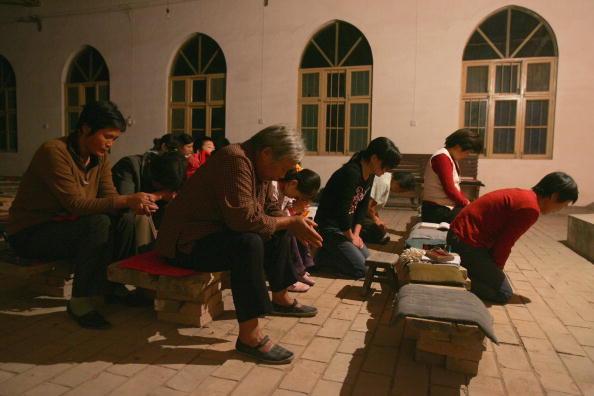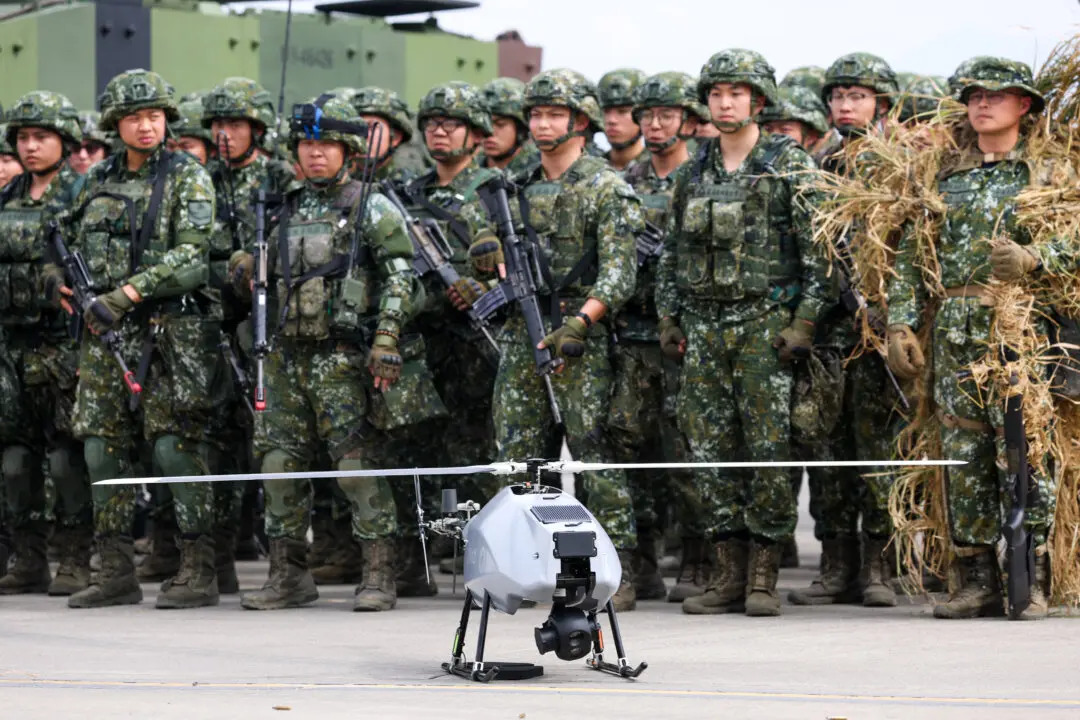Beijing has intensified its suppression of religious groups, especially in central China’s Henan Province, where authorities have continued to tear down Christian crosses.
The Chinese regime has removed about 7,000 crosses from churches across Henan recently, according to Jonathan Liu, a priest and founder of the San Francisco-based Chinese Christian Fellowship of Righteousness, in a Sept. 10 interview with Taiwan’s international radio station Radio Taiwan International (RTI). Liu said a pastor for a Three-Self Church located in Henan told him the number of crosses while the two communicated through China’s popular social messaging app WeChat.





